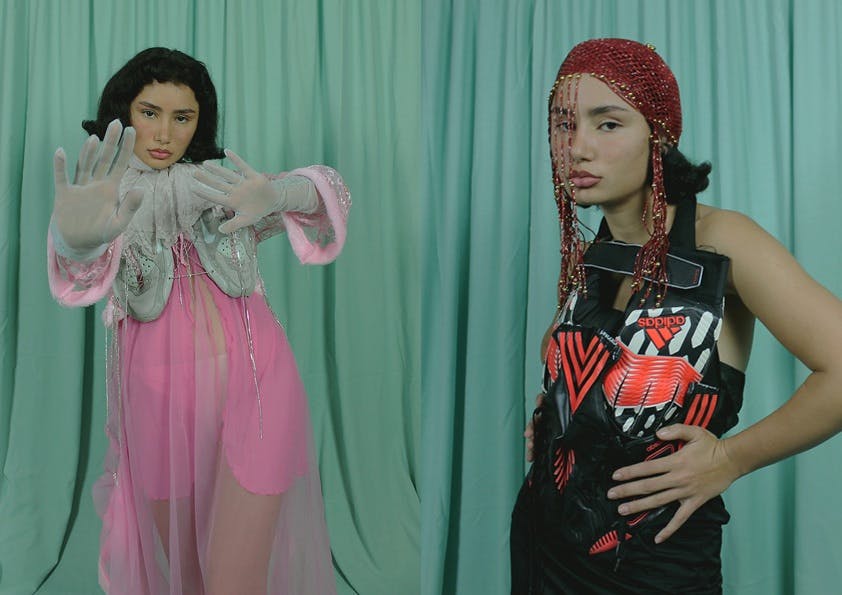143 reads
Deconstructing Sneakers and Instagram Influence with Berlin-Based Designer “All Amin”
by
July 27th, 2021

World's 1st Sustainable AI P2P Multifunctional Fashion Ecosystem, for Me and You. www.alahausse.ca/ [email protected]
About Author
World's 1st Sustainable AI P2P Multifunctional Fashion Ecosystem, for Me and You. www.alahausse.ca/ [email protected]
